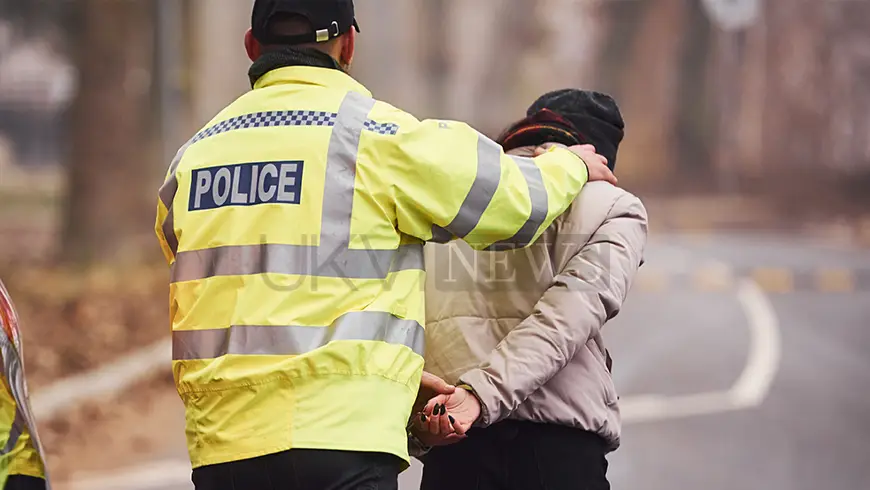Under Prime Minister Rishi Sunak’s immigration policy, the UK Home Office has started to arrest a lot of people who might have to leave the UK because they are from Rwanda. Only 2,143 of the people the Home Office wants to send to Rwanda have been “located for detention” so far because they have lost touch with more than half of them. There are over 3,500 people who haven’t been seen or heard from. Some are thought to have crossed the border into Ireland from Northern Ireland. People who have missed required meetings with the UK government are among the others.
Unions and human rights groups are upset about the large number of arrests that have happened so far because it is getting harder and harder to go to court. An original group of about 5,700 men and women who came to the UK without permission between January 2022 and June 2023 is the focus of the effort. Several people seeking asylum who went to meetings with the UK government this week as required as part of their application for asylum were arrested and told they would be sent to Rwanda.
England, Wales, Scotland, Northern Ireland, and towns like Bristol, Liverpool, Birmingham, and Glasgow have all reported detentions. This plan involves arresting people seeking refuge from war-torn countries like Afghanistan, Sudan, Syria, and Eritrea who have nothing to do with Rwanda, according to Maddie Harris, head of the Humans for Rights Network. Part of the crackdown included the arrest of a young woman who has been a client of the group for almost two years.
There have been legal and political problems with the UK government’s plan to send foreigners who came to the UK without permission back to Rwanda. Many times, rights groups like the Migrants’ Rights Network have been able to stop the movement of some people to removal centres. Rights groups, on the other hand, say that this needs 24/7 pushback for each case. People looking for refuge are running away from the police and into dangerous situations because of the searches. Freedom from Torture’s assistant head of activism, Natasha Tsangarides, says that detentions can make people who have been tortured or mistreated feel traumatised again, which can push them away from support systems. The government of the UK hasn’t said for sure that they won’t send torture survivors to Rwanda.
For more than two years, the two houses of Parliament have fought over the ruling Conservative party’s plan to send immigrants who came to the UK illegally back to Rwanda. The plan has run into legal problems. The European Court of Human Rights (ECHR) stopped the first flight with refugees to Rwanda right before it took off. This past year, the UK Supreme Court said that the removal plan was illegal because the government could not ensure the safety of migrants once they got to Rwanda. The Safety of Rwanda Bill and the Illegal Migration Act make it very hard for people to use the courts to fight their deportation to Rwanda.

